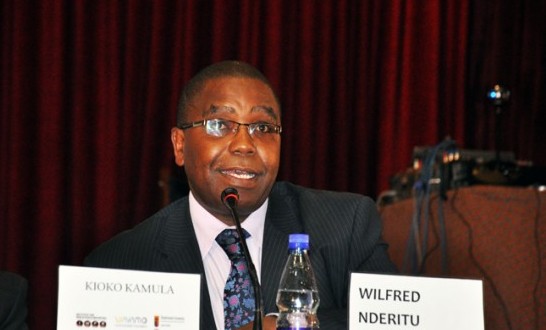[This appeared originally on Justice in Conflict on 11 October, 2013.]
As African leaders publicly question their support for the International Criminal Court, a wide range of ICC supporters have rallied to its defense. Here, along with my co-author, Chris Tenove, we use a framework put forward in our recent paper in the International Journal of Transitional Justice to examine the allies and the forms of authority that the Court can turn to. (Chris is a doctoral candidate in Political Science at the University of British Columbia and a semi-regular JiC blogger.)
Representatives of African Union governments recently gathered to hold an “emergency summit” in Addis Ababa to discuss the relationship between AU members and the International Criminal Court. The summit was a critical test of the ICC’s authority. Several commentators have already considered the meeting’s significance, potential outcomes and implications (and offered their own suggestions). Here, we would like to discuss what the summit tells us generally about what international criminal justice is and how it works. In particular, we would point to claims about the ICC’s authority made by those who rally to its defense.
In a recently published paper, we propose a framework explaining which actors are involved in international criminal justice (ICJ), what kinds of fundamental rules and practices motivate them and what forms of authority they wield. Continue reading


